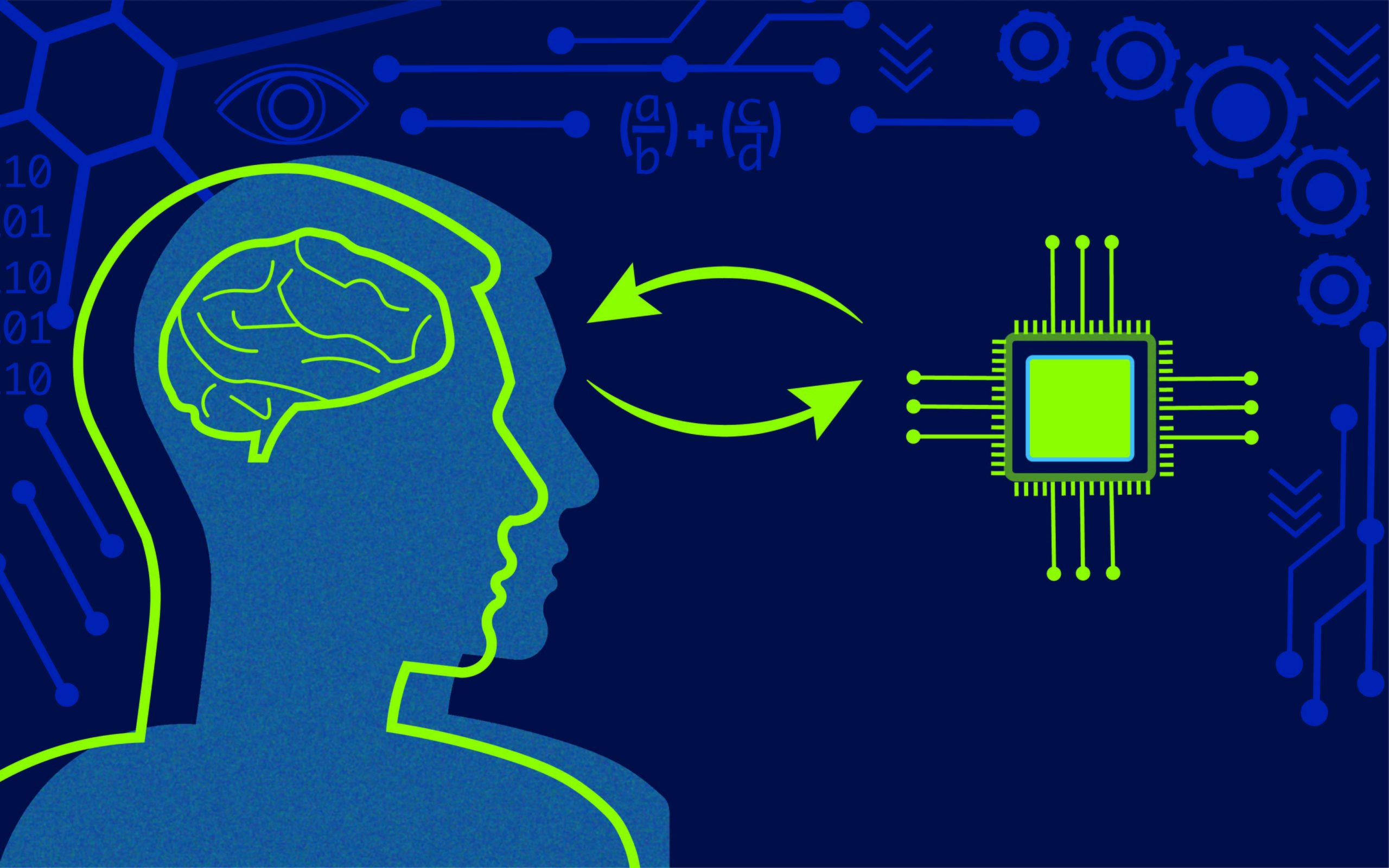The Center for Artificial Intelligence Foundations and Scientific Applications (CENSAI) aims to foster collaborative, interdisciplinary research across Penn State and beyond aimed at addressing the AI grand challenge of accelerating scientific progress through synergistic advances across multiple areas of AI, including:
Find out about upcoming CENSAI seminars and events
- Literature-based discovery, e.g., extraction, annotation, reconciliation, integration, and validation of scientific claims, hypotheses, and supporting and opposing evidence from the literature
- Scientific knowledge representation, e.g., frameworks for encoding, communicating, and reasoning with models or abstractions of scientific domains, scientific artifacts (data, experiments, hypotheses, models, scientific arguments, etc.);
- Experiment planning and optimization, e.g., based on the scientific goals, cost of experiments, expected value of information, etc.
- Machine learning and causal inference, including methods that incorporate prior knowledge, e.g., from physics, explain the learned models and their predictions,
- Human-AI collaboration needed for AI-enabled collaborative science, using algorithmic abstractions as the medium for interdisciplinary collaboration.
CENSAI is led by the Institute for Computational and Data Sciences (ICDS) and is part of Penn State’s University-wide AI initiative coordinated by ICDS.
Research Themes and Science Drivers
CENSAI’s foundational AI research is tightly integrated with several science drivers drawn from:
- Life sciences, e.g., computational structural biology, computational phenomics
- Health sciences, e.g., predictive and causal modeling of health risks and health outcomes from clinical, genomic, environmental, behavioral, sociodemographic and other data
- Material sciences, e.g., computational discovery, design, and synthesis of novel materials
- Social sciences, e.g., facilitating social discourse, evidence-based policy and action
CENSAI’s research will unify many of the subfields of AI, yield fundamental advances across multiple areas of AI, and enable their integration into AI mediated human – machine systems and infrastructure that support collaborative team science. Learn more on the CENSAI research themes page.
Planned Center Activities
CENSAI, formed in 2021, intends to host several activities to further AI’s application to enhancing the scientific process, including organizing seminars, hosting workshops, identifying funding opportunities and initiatives, establishing working groups to identify and refine science drivers, and more.
How to Get Involved in CENSAI Activities
If you are a faculty member, potential collaborator, postdoctoral researcher, or student interested in discussing CENSAI’s activities in more detail, please reach out to CENSAI director, Vasant Honavar, using this contact form.
CENSAI Faculty
CENSAI comprises an interdisciplinary of affiliated faculty who have committed to advancing the center’s goals. Learn more about CENSAI faculty.

